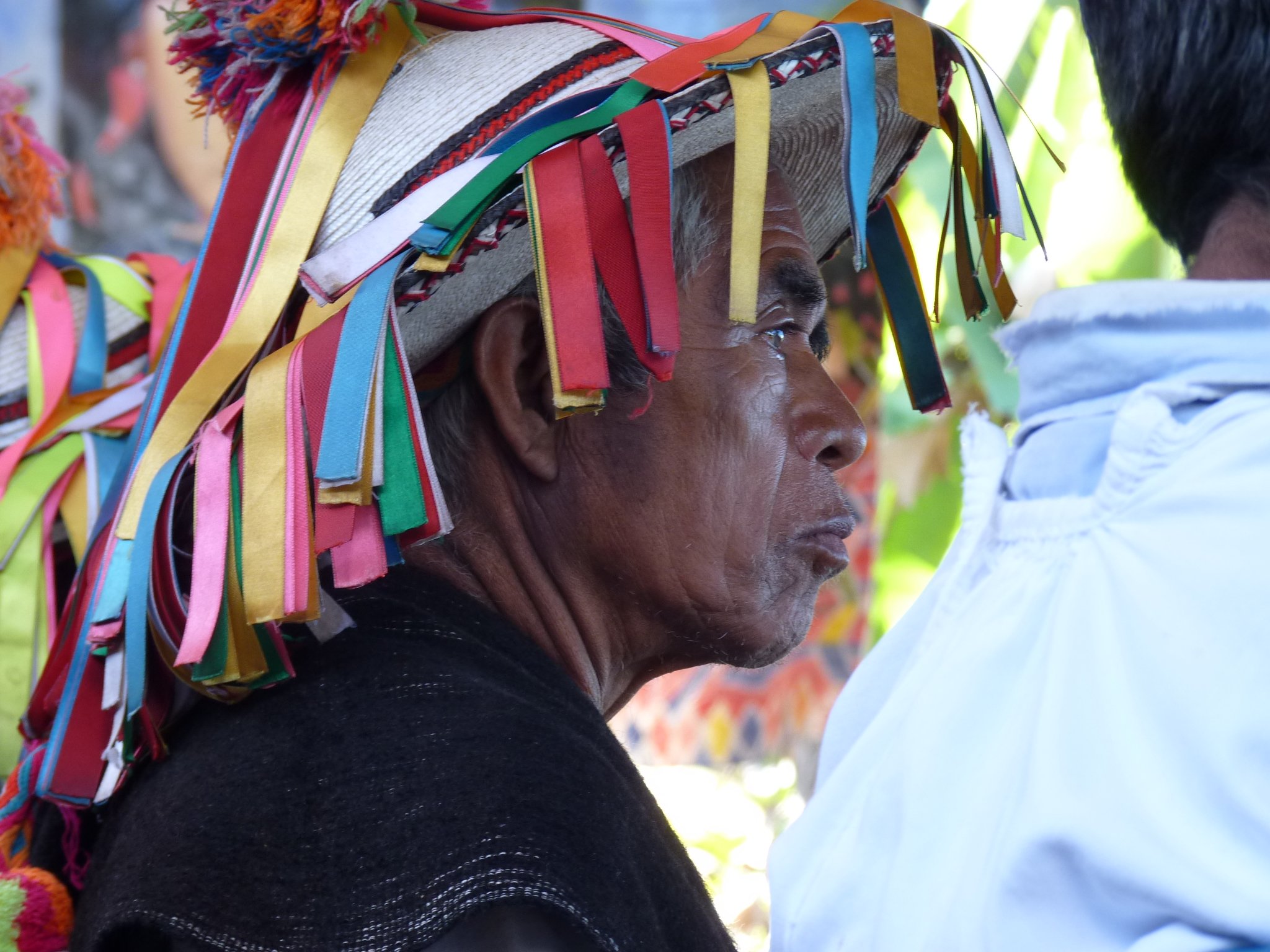Reportage
20 years later, no one has been punished for the Acteal massacre
On Dec. 22 and 23, 1997, a group of government-connected paramilitaries hacked 45 indigenous Mexicans to death with machetes. There will not be justice in today’s Mexico.

On the 20th anniversary of the massacre of 45 men, women and children (plus unborn fetuses) by paramilitary groups here, it is more than just a time for remembrance.
It was evening, and the inhabitants of Acteal, a small community in the Mexican state of Chiapas, were in church for a Christmas service. Armed men arrived at nightfall, after passing undisturbed with their jeeps through several military checkpoints. They went into the church, attacking everyone in their path with machetes. Nowadays, Las Abejas, the pacifist, anti-capitalist, anti-war association that the community of Acteal was part of, is looking back at the events, as it now has to contend with even more than just the impunity of perpetrators of the massacre and of the Mexican government.
“With the approval of the internal security law, this evil government is confirming its war of extermination against indigenous and non-indigenous peoples, like it did in Acteal,” said Guadalupe Vazquez in a statement at a commemoration event Friday. She was one of the survivors of that night in 1997, when she saw her family murdered before her eyes. Now she is among the 500 delegates of the Indigenous National Congress, whose champion is María de Jesús Patricio Martínez, better known as Marichuy, the female presidential candidate.
The commemoration was the symbol of a community that has not given up, did not become afraid, and which, despite the indelible memory of those tragic hours, has continued to campaign for a different world. Dec. 22 is not a day like any other in Chiapas—it is the day when the government tried to use terror to sap the strength of the Las Abejas association and the EZLN’s (Zapatista Army of National Liberation) dream of change. Raul Vera Lopez, now bishop of Saltillo, formerly co-bishop of San Cristobal de Las Casas, has made that connection in unequivocal terms.
The Acteal massacre came as a consequence of the Chiapas 1994 project, part of the repressive response by the government at the beginning of the Zapatista revolution. Las Abejas and the Zapatistas are close, both sharing a scathing critique of capitalism and of neoliberal globalization. But the clear difference between them lay in the EZLN’s choice of taking up arms. Hitting a group close to the Zapatistas was meant to be a clear signal to them and a warning for all those who sympathized with their revolutionary movement.
There will never be justice for Acteal in the Mexico of today because it is one of the many acts of violence on which the powers-that-be, moving as they please between legality and illegality, have built their strength and their staying power. It was perhaps for this reason that Las Abejas and the human rights advocates who have been following this case have decided to bring it before the Inter-American Court of Human Rights, because in that place—perhaps—answers might be given that are impossible to find within Mexico’s borders.
A march of more than 1,000 people opened the day of commemoration. Representatives of the U.N. were also present, together with the 49 crosses, symbolizing the 45 murdered and the four unborn children. Starting from a little more than a year ago, life in Acteal has gone back to the terrifying “normal” of back then. After the massacre, thousands of people fled, seeking the protection of the EZLN in the autonomous municipality of San Pedro Polho. But the murderers of 20 years ago are still alive, living in the nearby community of Chenalhó, and they are again committing violence and provocations, these days in the context of the intensified fight with neighboring Chalchihuitán for the control of certain tracts of land.
Because of this, Chiapas is again going through the nightmare of the displaced—those people forced to leave their communities to avoid being killed. They number more than 5,000 so far. The lack of justice for the Acteal massacre is not just a problem of long ago, it is not only a duty unfulfilled, but rather represents a clearly expressed political will by the government of these territories, in an unbroken line stretching from the paramilitarism of back then to the new laws of today. Caught in between is the dream of a different world, for more than 20 years still resisting and organizing itself.
Originally published at https://ilmanifesto.it/acteal-non-si-arrende-20-anni-fa-il-massacro-ancora-oggi-impunito/ on 2017-12-24
